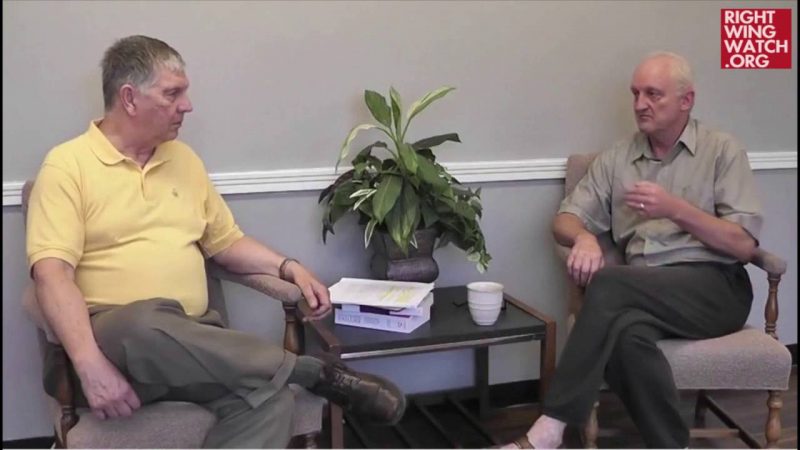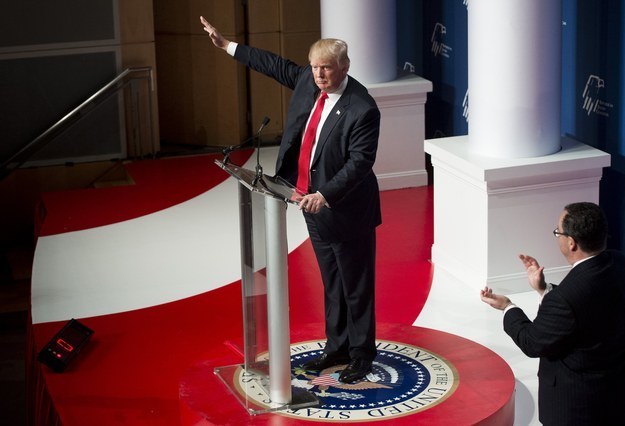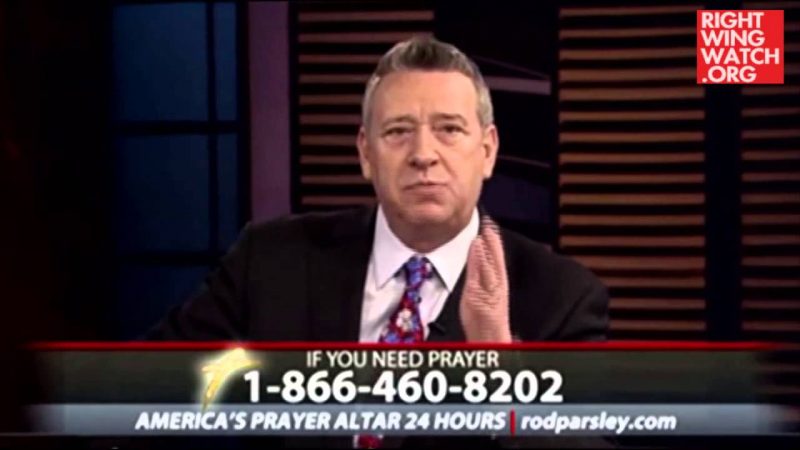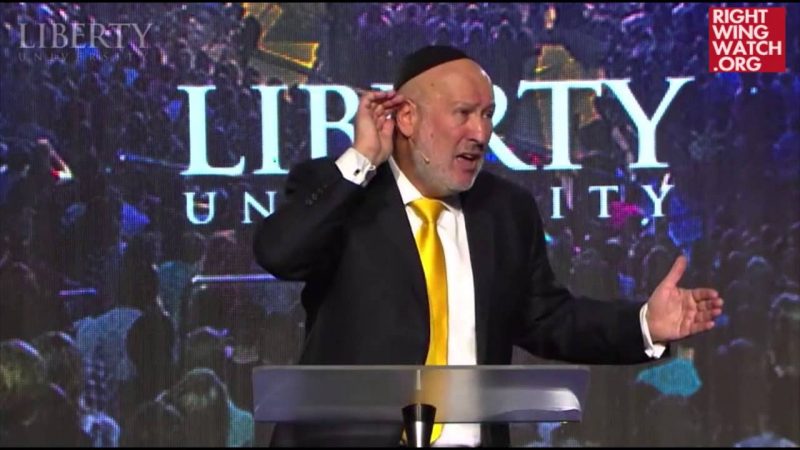A few weeks ago I mentioned that Jim Garlow had been promoting the book “Money, Greed, and God” to anyone who would listen for the last several months and that finally the Family Research Council had gotten on board and scheduled an event with its author, Jay Richards, for December.
As such, I decided to give it a read … and I was decidedly unimpressed.
For years, there has been a tension within the conservative movement between the social conservatives, who care mainly about fighting abortion and gays, and fiscal conservatives, who care mostly about cutting taxes and shrinking government. Now obviously there is a lot of overlap between the two groups, but Richards’ book seems designed to merge the two by giving the right-wing deregulatory, free market free-for-all agenda the Biblical seal of approval.
It will comes as no surprise to discover that Richards is a climate change-denying, Intelligent Design-promoting Senior Fellow at the Discovery Institute, so that ought to give you some sense of just where he is coming from when he lays out the Biblical case for unfettered free market deregulation.
In the book, Richards claims that minimum wage laws, fare trade practices, and foreign aid are all unbiblical, praises factory farming and big box stores, and completely dismisses concerns about global warming and natural resource depletion. He also offers some useful advice like “even if you get food by begging, it’s degrading. You should avoid it if you can” and “there’s no biblical rule that requires us to consume only what we need to survive.”
In Richards’ view, it was God who created the free market system and therefore, every result of that free market system is “a stunning example of God’s providence over a fallen world.” As such, there is nothing wrong with inequality because, as Richards puts it “Is God obliged to distribute his blessing equally?”:
Think of another parable, of a landowner who goes out early one morning to hire workers for his vineyard. The landowner agrees to pay the going rate – a denarius – to the first workers he hires in the morning. But he ends up hiring more workers at nine o’clock, then again at noon and three o’clock. He even hires a few stragglers at five o’clock. At the end of the day, the landowner pays all the workers the same amount. The ones who work only one hour get the same as the workers who labor all day. Ah-hah! Everyone is treated equally, right? But the early birds in the parable don’t see it that way. When they get wind of this, they grumble that they didn’t get more. But the landowner rebuffs one of them: “Friend, I am doing you no wrong; did you not agree with me for the usual daily wage? That what belongs to you and go; I choose to give to this last the same as I give to you. Am I not allowed to do what I choose with what belongs to me? Or are you envious because I am generous?” (Matt. 20:13-15)
Of course, this parable isn’t primarily an economic lesson. Jesus begins the parable by saying: “The kingdom of heaven is like …” He’s illustrating a mystery about the kingdom of God: when it comes to its fullness, “the last shall be first, and the first will be last.” But that doesn’t make the parable any less relevant to our question. The landowner represents God, so clearly Jesus see his actions as just. If the landowner had not paid the first workers what he promised, he would have been guilty of theft. That’s injustice. As it is, the landowner keeps his promises. He just pays each a different rate per hour. But so what? That’s his choice to make. Instead of being pleased for receiving what they were promised, the early risers envy the others for what they have received. We all tend to do that – to link inequality of outcome or opportunity with injustice. But they’re not the same thing.
Richards’ view is that so long as nobody is coerced, lied to, or stolen from, there is nothing wrong with any market transaction that occurs between free actors.
So it only stands to reason that if an employer wanted to pay male workers twice what was paid to female workers, well there is nothing wrong with that because “that’s his choice to make.” And if minority workers get paid less, well there is nothing wrong with that either because “absolute equality doesn’t apply in God’s kingdom [so] why do we think it should apply to human society?”
As Richards explains, any inequality that results from unrestricted, deregulated free trade is part of God’s will because the entire system of free market capitalism is God’s means of working his will in the world:
Just as God could work his will through the sinful choices of Joseph’s brothers, so too can he work his will through the free market, which involves countless trillions of individual choices, whether they be good, bad, or indifferent. No mere human can plan an economy, because no human can know all the value judgments made by the actors in an economy. But that’s a limit on what we can know, not on what God can know.
Rather than despising the market order, Christians should see it as God’s way of providentially governing the actions of billions of free agenda in the fallen world.








